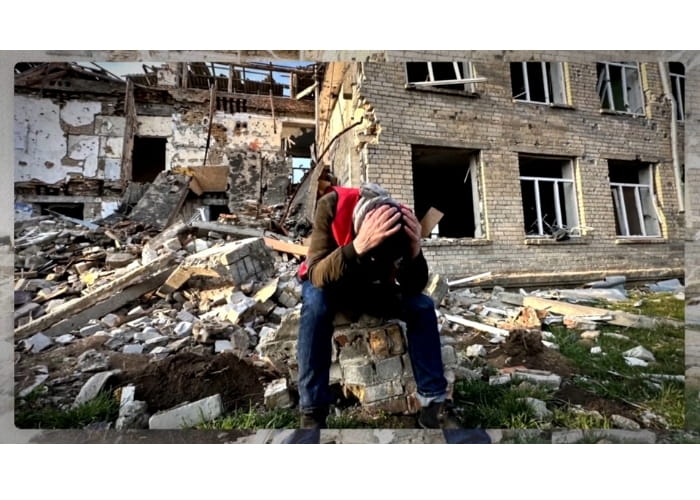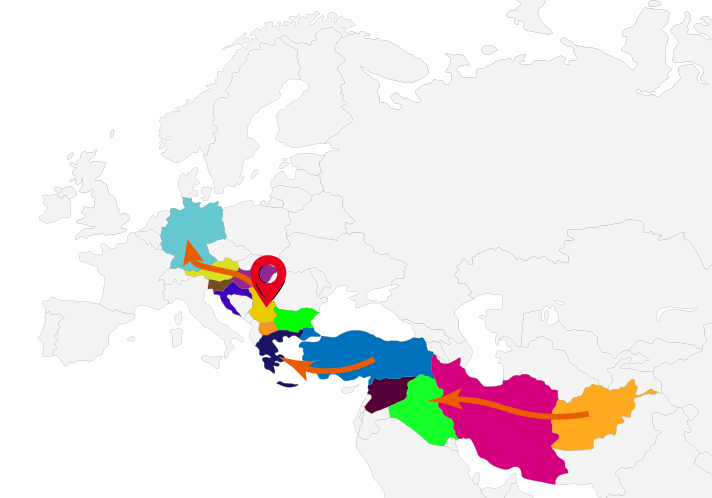The reports from the barracks in Belgrade, where refugees are left to fend for themselves, had left our case workers speechless for weeks. These dilapidated warehouses are home to up to 2,000 Afghans and Pakistanis, living without toilets, showers, heating, electricity, medical care, or food.
Be an Angel e.V. launched a fundraising campaign and collected €12,000 in just under 14 days. The organization received 1,900 pairs of pants from Gardeur, 500 pairs of underwear from Uniqlo, and scarves, gloves, and hats from Komodo and Puma.
On the ground, the organization connected with Refugee Aid Serbia (RAS), Save the Children, and Doctors Without Borders. RAS became our local partner.
In the refugee centers, we met unaccompanied 15-year-olds (an estimated 40% of the refugees there are under 18), who have been living there since November 2016. Among them were former employees of the US Army, who landed on the Taliban’s death list after the base was dissolved. The refugees avoid the eight official camps because they feel „trapped“ and unable to continue their journey. Moreover, there aren’t enough places in the camps.
There are no integration programs, school visits, language courses, or relevant asylum procedures throughout Serbia.
The waiting time to cross the Hungarian border is at least six months. The journey to Serbia has cost an average of €7,000, leaving families back home deeply in debt. The people in the camps hope for jobs in Europe but are unfamiliar with the processes.
Be an Angel e.V. has enabled daily food distribution through RAS. Locally, a warehouse was rented for material donations and controlled distribution of clothing. Together with RAS, a shop was rented where qualified volunteer teachers regularly offer language classes (English, German, Serbian). The program focuses on basic education for children. As of 2018, up to 40 people use the training center daily.





